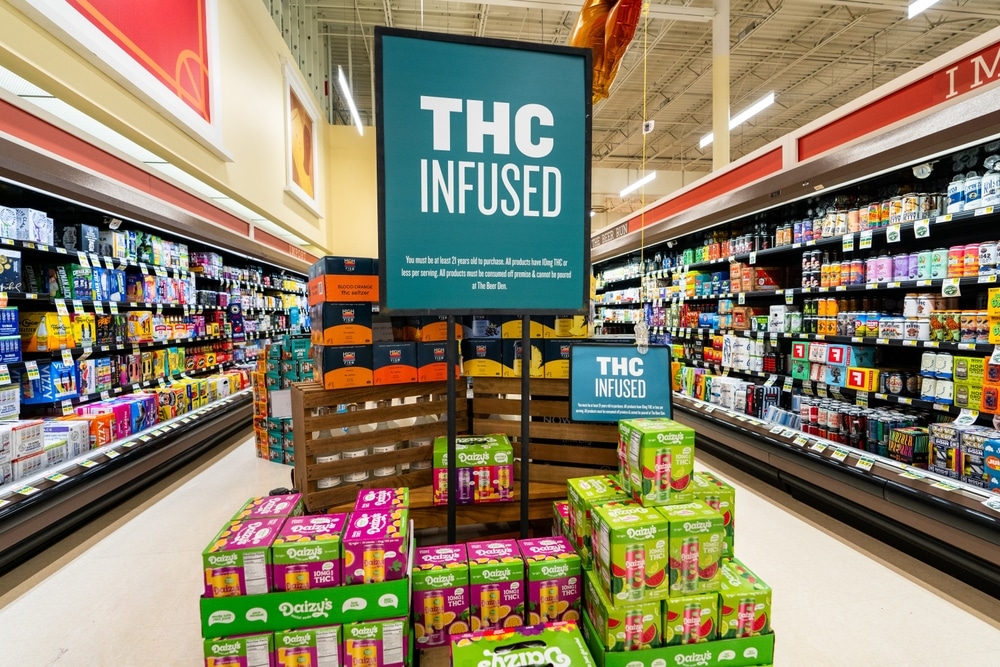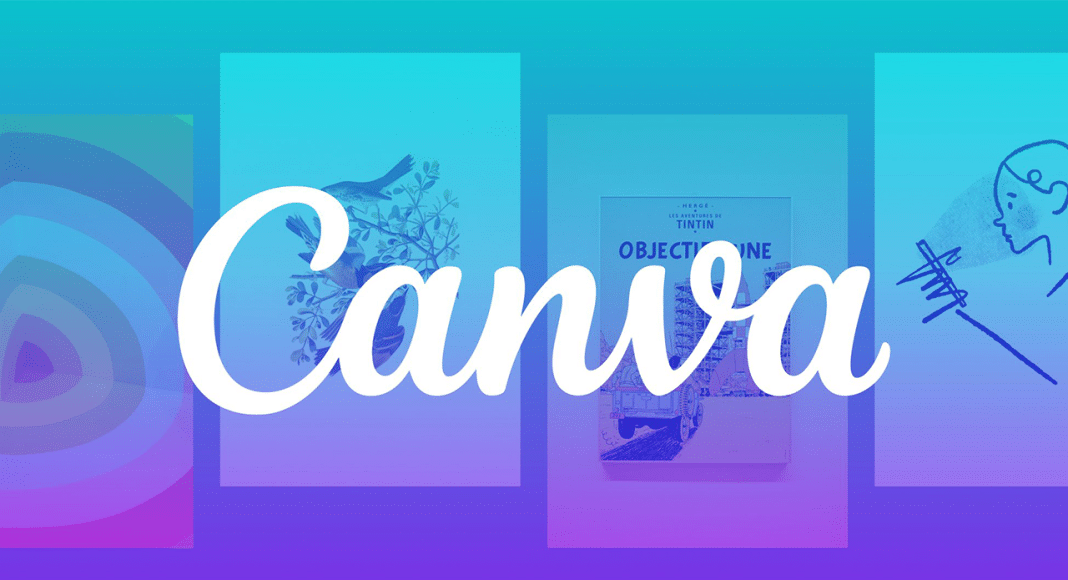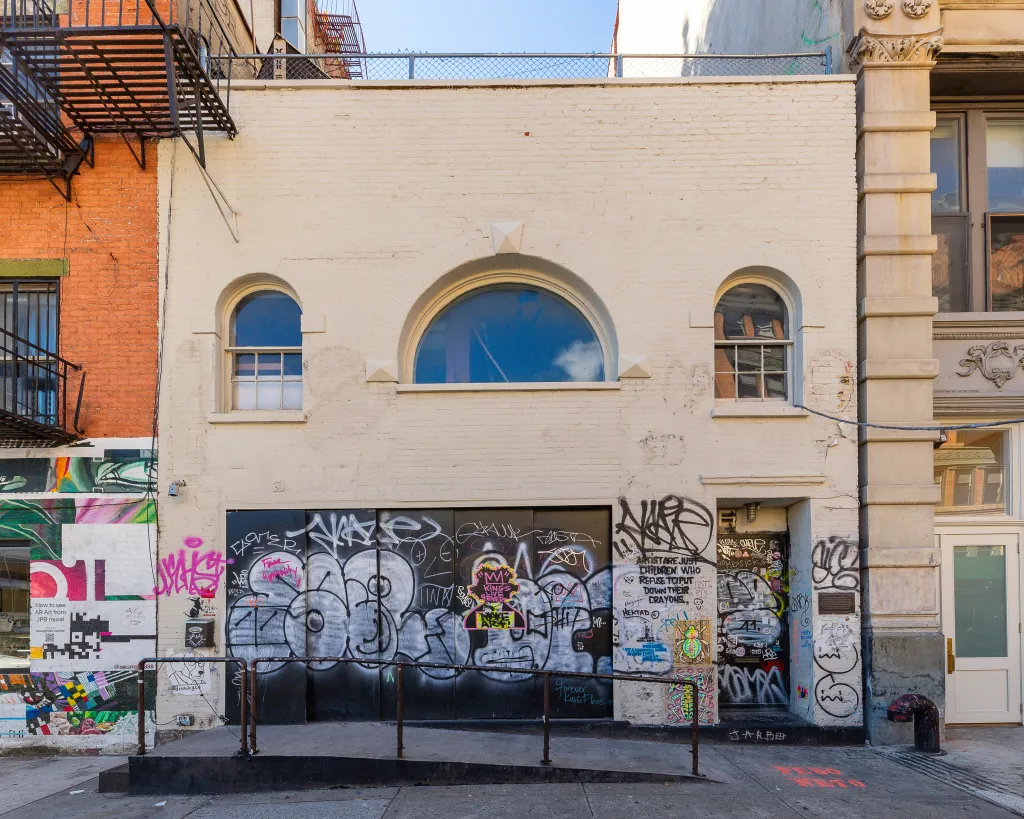In the United States the spread of THC-based drinks – tetrahydrocannabinol, the active ingredient of cannabis – is coincident with a measurable decrease in alcohol consumption. According to a Gallup survey, the share of adults drinking at least occasionally fell to 54 percent, the lowest level recorded since the 1930s. At the same time, a segment still small but rapidly growing the market for soft drinks is focusing on the infusions of tetrahydrocannabinol obtained from industrial hemp, a product legally distinct from recreational THC. Whitney Economics, an analysis company based in Oregon, estimates that sales of these beverages — which include seltzers, cold and soda tea — can go from 1.1 billion dollars of 2024 to over 5.5 billion by 2035.
The interest of companies is not only about specialized manufacturers. Some chains of the big distribution started testing the category in markets where the legislation allows it: Target, for example, introduced a selection of THC drinks in Minnesota stores, one of the few states that allows retail of products derived from low THC hemp outside dispensaries. Among the most visible brands are Cann, which offers a “social drink” with low THC gradation; Today, which promotes the category as an alternative to alcohol; and Cycling Frog, which combines drinks and edibles. According to Beau Whitney, chief economist of Whitney Economics, “there is a replacement between traditional alcoholic beverages and cannabis products”, an observable phenomenon in particular in the market segments more sensitive to low-calorie and non-alcoholic alternatives.
The growth of demand is concentrated among consumers between 30 and 40 years, which in recent years has also led the success of similar products in the “alcohol-free” market, such as soft spirits of brands such as Seedlip or Lyre’s. Many of these drinks are presented with targeted claims: zero sugars, zero calories and absence of the typical side effects of alcohol. Whitney notes that a part of consumers replaces the traditional evening wine glass with THC products, dynamics already seen in other sectors — such as the increase in consumption of soft beers such as Heineken 0.0 or Athletic Brewing — driven by a cultural change on the idea of “moderatism”.
The medical community, however, invites caution. Céline Gounder, infectious and medical commentator of CBS News, recalls that the effects of THC on the body vary according to the mode of consumption and habituality. Both smoked and ingested, the substance can affect cognitive and motor functions, causing anxiety, tachycardia, slowing reaction times and, in rare cases, psychotic episodes. Studies cited by Centers for Disease Control and Prevention indicate that cannabis intake, even through drinks, can increase the risk of road accidents by 30-40 percent. Unlike solid edibles, which have slower absorption times, the effects of drinks can occur in 15-20 minutes, making it possible to intake unconscious of excessive quantities.
Regulatory issues related to the distinction between THC “derived by cannabis”, allowed federally within the threshold of 0.3 percent of delta-9 THC content, and recreational THC, whose sale is permitted only in states that have legalized adult use. Currently 44 states authorize at least some THC products derived from hemp, but with very different limits and sales methods: in 37 of these it is possible to buy them also outside the dispensaries, while in others — like Florida or Texas — legislative debates are under way to restrict distribution.
CDCs also warn that prolonged consumption, especially in teenage age, can have lasting effects on memory, attention and decision-making. The agency defines the dependence on cannabis as the inability to interrupt its use despite the presence of related social or health problems, a condition that according to federal estimates affects about 10 percent of the usual users.
L’articolo In the U.S., cannabis drinks are increased from IlNewyorkese.






